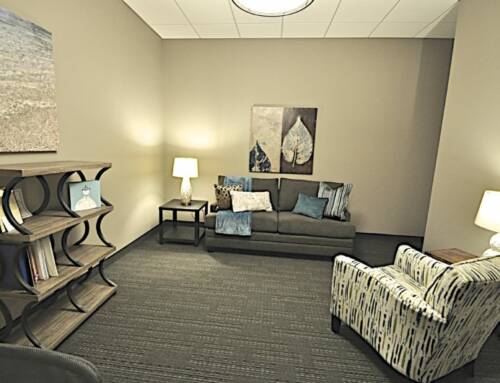Anyone who has ever done hiking or climbing to any extensive heights knows that beyond physical and mental strength and preparation, one has to navigate the balance of acclimating. Acclimating is the process of adjusting to changes in climate; while climbing, this entails adjusting specifically to changes in altitude and hence in oxygen levels.
The risks of proceeding too quickly, of not allowing the time to acclimate, include real physical symptoms such as headaches, nausea, exhaustion, dizziness and weakness.
The general guideline for fending off altitude sickness is simple: go slowly. The reality of this can be more difficult. It can be difficult to both listen to and heed the pace that supports your specific needs. As individuals living within relationship, such a task gets even trickier as differing needs and desires struggle to compete with one another.
Recovery too, like climbing, requires acclimation. We can want others to go faster. We can want them to be where we are, and yet, each of us acclimates differently. Pulling or pushing someone to go too high too soon can have harmful consequences, physically, mentally, and spiritually.
And sometimes this stinks. It stinks when there is such a tremendous view where we are, that we just can’t help but want our loved ones to see it too. Of course we want them to see it. A midst such longings, we are called to do our best to trust that they will… when they are ready. When they too have adjusted and acclimated properly.
Even as we reach new insights and self-discoveries, we may want our support people to see what we see and know what we know. We might want to pull them to a place of establishing healthy boundaries and practicing loving kindness. Even then, we must not steal their journey. We must do our best to allow them their pace while simultaneously holding gratitude for our new perspective.
The blessing of acclimating is that it is never harmful to retreat, to take a few steps back down. This means, that while it is risky to pull or push people higher than they are ready, we can safely meet people who are on lower ground. We can turn around and walk with them. We can support and encourage. We can provide nourishment and rest. We can practice patience and when they are ready, proceed. Slowly.
It is by listening to our own needs that we discern our unique process of acclimating to life, growth, and freedom. It is by respecting the needs and limits of others that we learn the gift of true accompaniment.
Many Blessings and Happy Acclimating,
Nikki Holm, M.A., Chaplain




